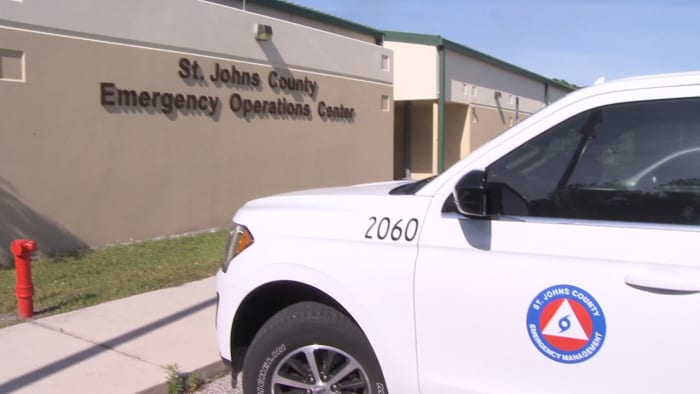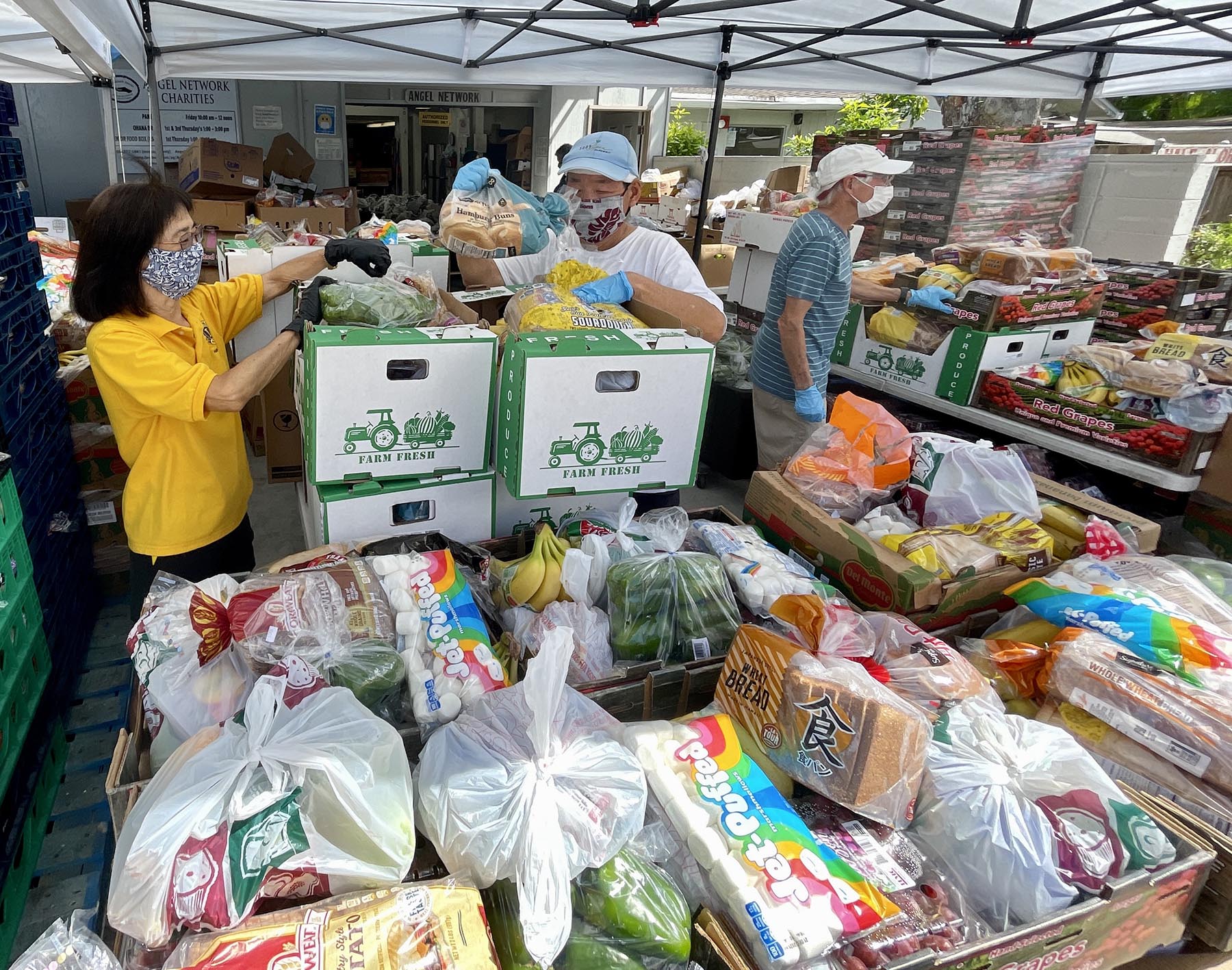[ad_1]
St. Johns County Emergency Management and the Florida Department of Health in St. Johns County are monitoring Tropical Depression 9.
Both emergency management and health officials want to remind the community to make emergency readiness plans.
“Having a plan is critically important. Even if this storm misses our community, it’s always a good idea to stay ready throughout hurricane season,” said St. Johns County Emergency Management Director Joe Giammanco.
DOH-St. Johns Health Officer Shane Lockwood, MPH, said, “It is never too early to prepare yourself, your family, your property and business for emergency situations involving severe weather.”
RELATED: St. Augustine residents keeping a keen eye on the tropics | Northeast Florida emergency management agencies monitoring the tropics
Officials suggest that St. Johns County residents prepare or update individual and family emergency plans, restock household hurricane supplies, and confirm registration for evacuation assistance or sheltering should it be needed in an emergency event such as a hurricane.
Officials offered these tips to help with preparedness efforts.
-
Make a hurricane plan: A key way to cope with a disaster is to have a plan. Following an emergency or disaster, you may lose access to basic services, such as power and water, and be subject to limited or no access to essentials like food and water. The Florida Department of Emergency Management provides an interactive online tool, Get a Plan!, to help families and businesses stay prepared.
-
Know your evacuation zone: Develop an emergency evacuation plan and review the plan carefully with your family and children. Don’t forget to include your pets in your evacuation plans.
-
Keep gas tanks at least half full: Residents are encouraged to keep their vehicle’s gas tanks at least half full during hurricane season to ensure they have enough fuel to evacuate as soon as possible without worrying about long lines at gas stations and to avoid gas shortages before a storm. For more information, visit www.FloridaDisaster.org/HalfwayFull.
-
Stay informed and connected: Identify your trusted sources of information for any severe weather event. Credible and timely information is critical to taking the appropriate actions in an emergency.
-
Make a disaster supply kit: The state Division of Emergency Management recommends that you maintain a well-stocked emergency preparedness kit to last you and your family for a minimum of seven days. Each individual or family disaster supply kit differs based on personal needs. The following is a list of basic items to include:
-
Water (at least one gallon a day per person for five to seven days)
-
Nonperishable packaged or canned food (enough for at least five to seven days)
-
Any necessary medications in their prescribed bottles (enough for two weeks)
-
First-aid kit
-
Flashlights with extra batteries
-
Weather band radio
-
Lanterns, candles and matches
-
Fuel and propane
-
Pet care items (including any pet medications)
-
Other vital documents (stored in a waterproof container
TRACKING THE TROPICS: Here’s what The Weather Authority is watching | DOWNLOAD: The Weather Authority’s 2022 Hurricane Survival Guide
For information about evacuation routes, evacuation assistance and the locations of hurricane shelters in St. Johns County, visit the county’s Emergency Management website at www.SJCEmergencyManagement.com or call 904-824-5550.
And the state Department of Health provides valuable information to assist with emergency planning at www.FloridaHealth.gov/Programs-and-Services/Emergency-Preparedness-and-Response/Prepare-Yourself.
Copyright 2022 by WJXT News4JAX – All rights reserved.
[ad_2]
Source link


